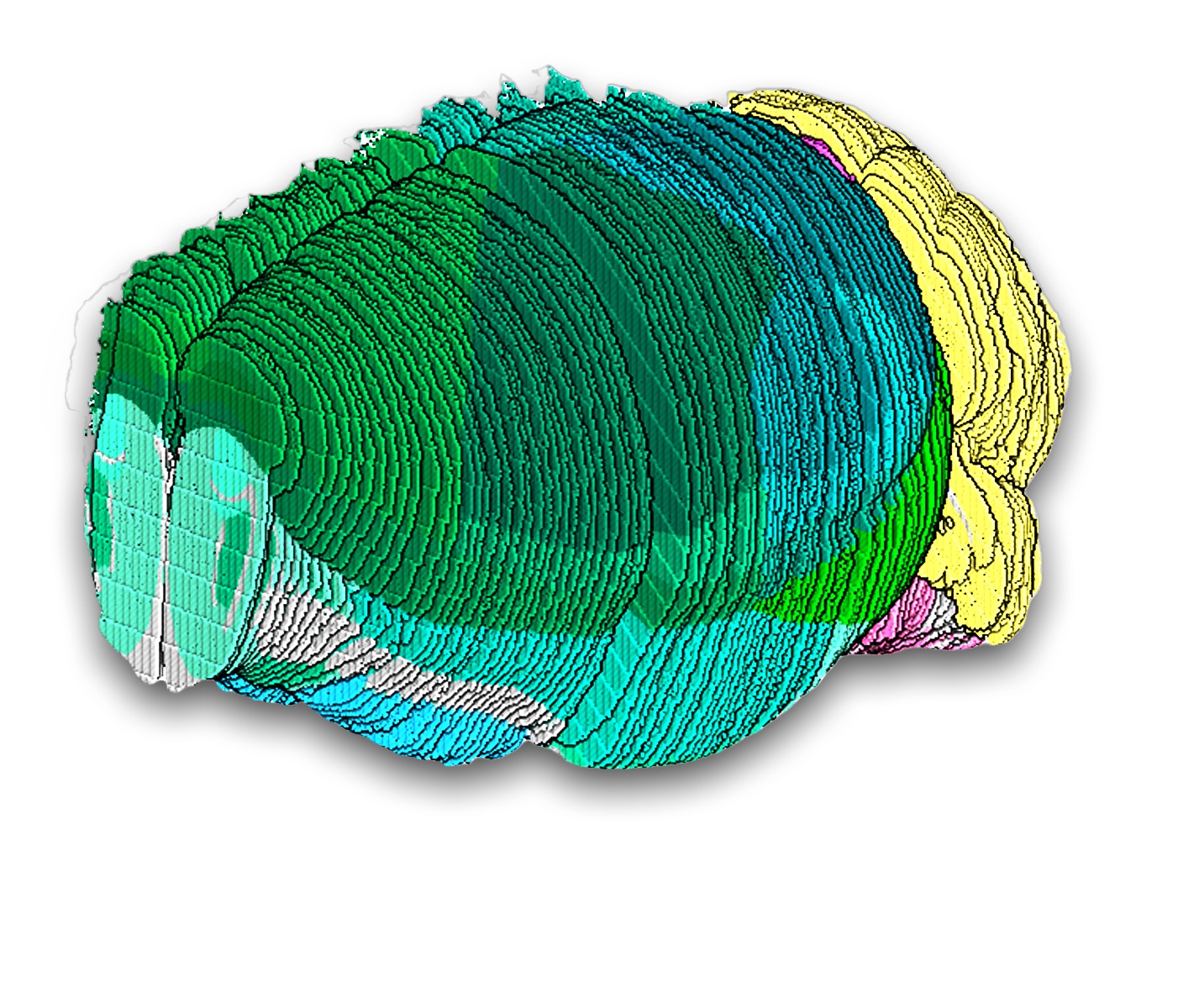Reactions: Science chooses obesity drugs as the 2023 Breakthrough of the Year
In the year 2023, Science magazine has chosen the development and discovery that GLP-1 medications, agonists of the glucagon-like peptide-1, can mitigate health issues associated with obesity as the most important scientific breakthrough. Similarly, Nature magazine has selected biochemist Svetlana Mojsov, a key figure in the discovery of GLP-1, as one of the top ten scientists of the year.









